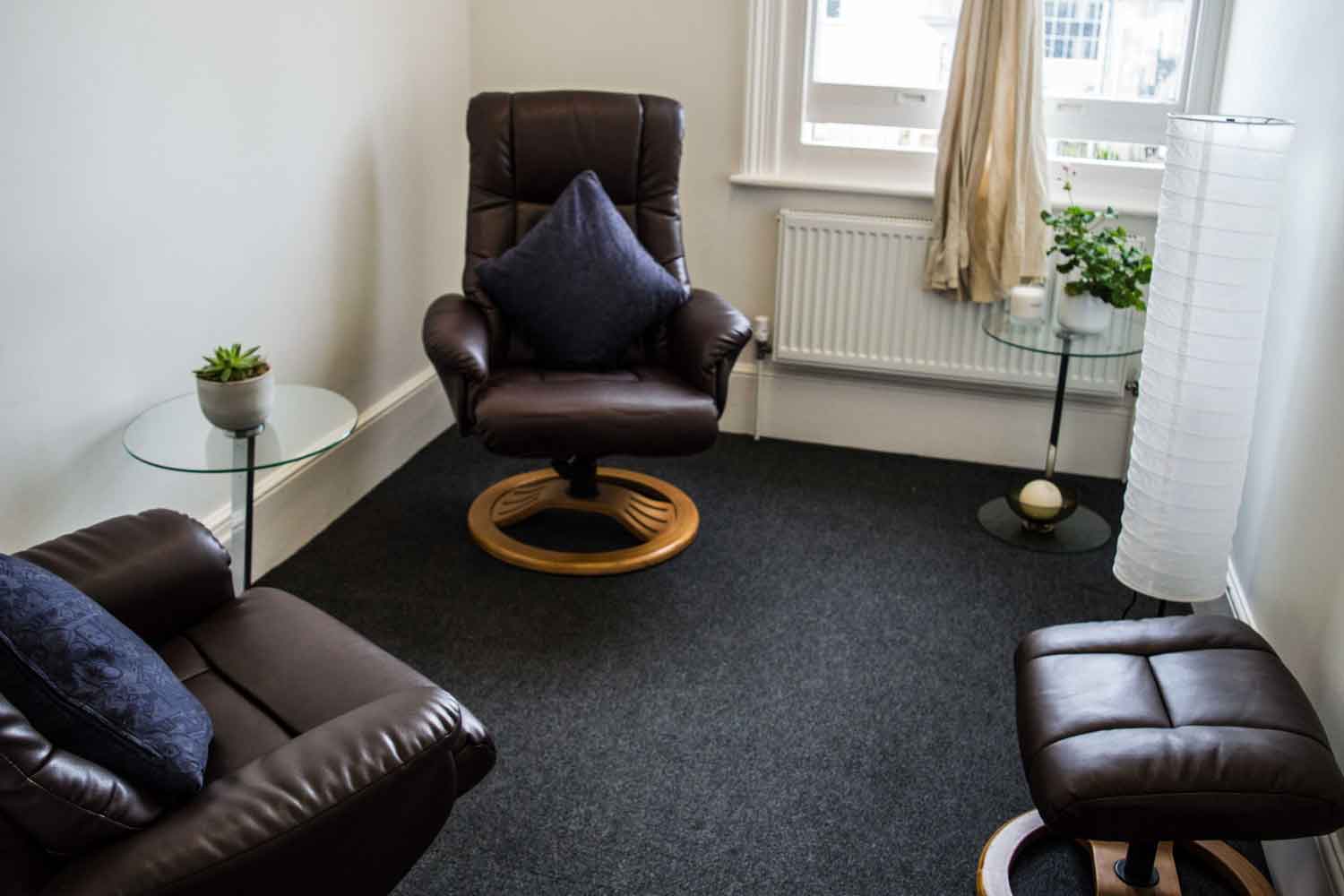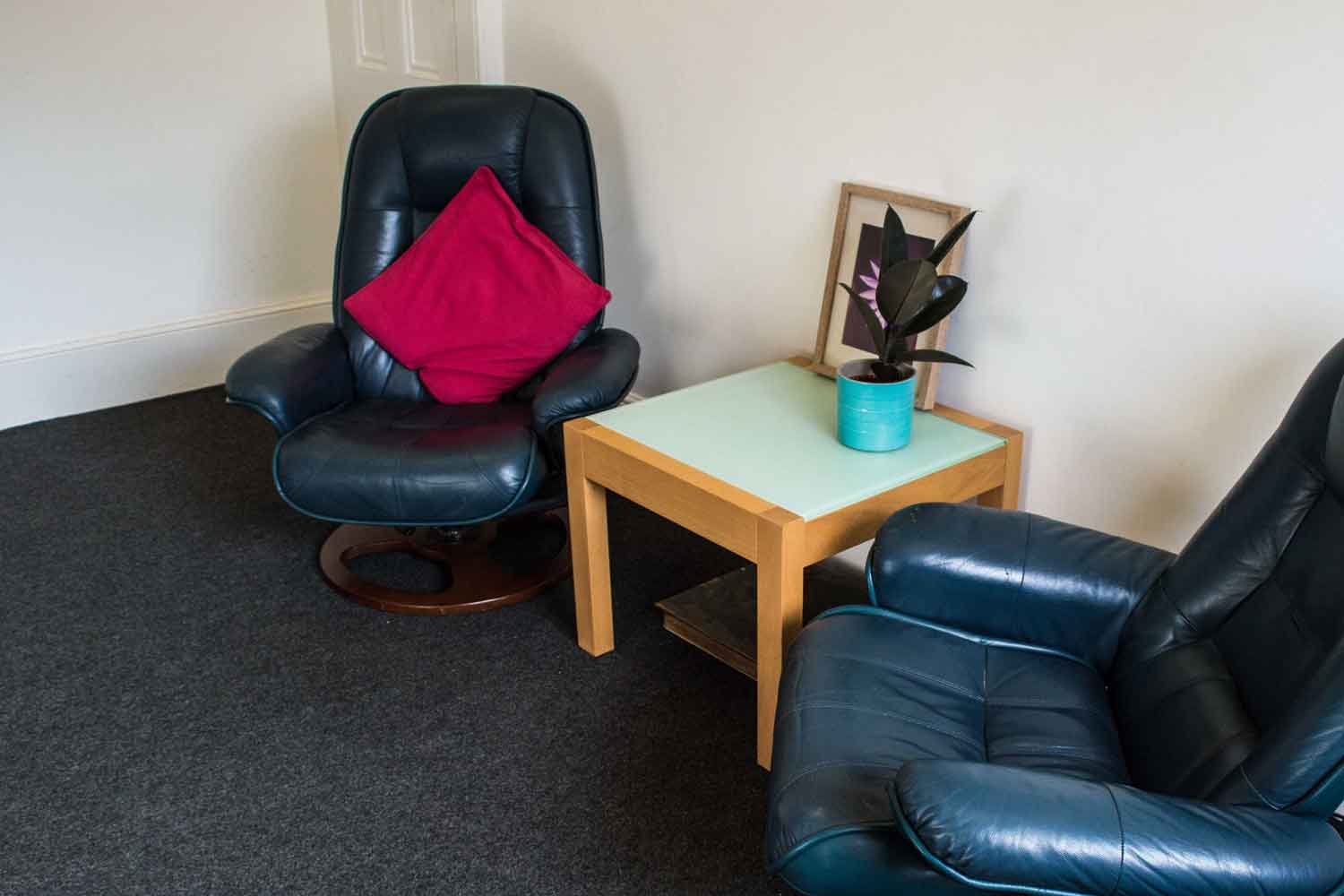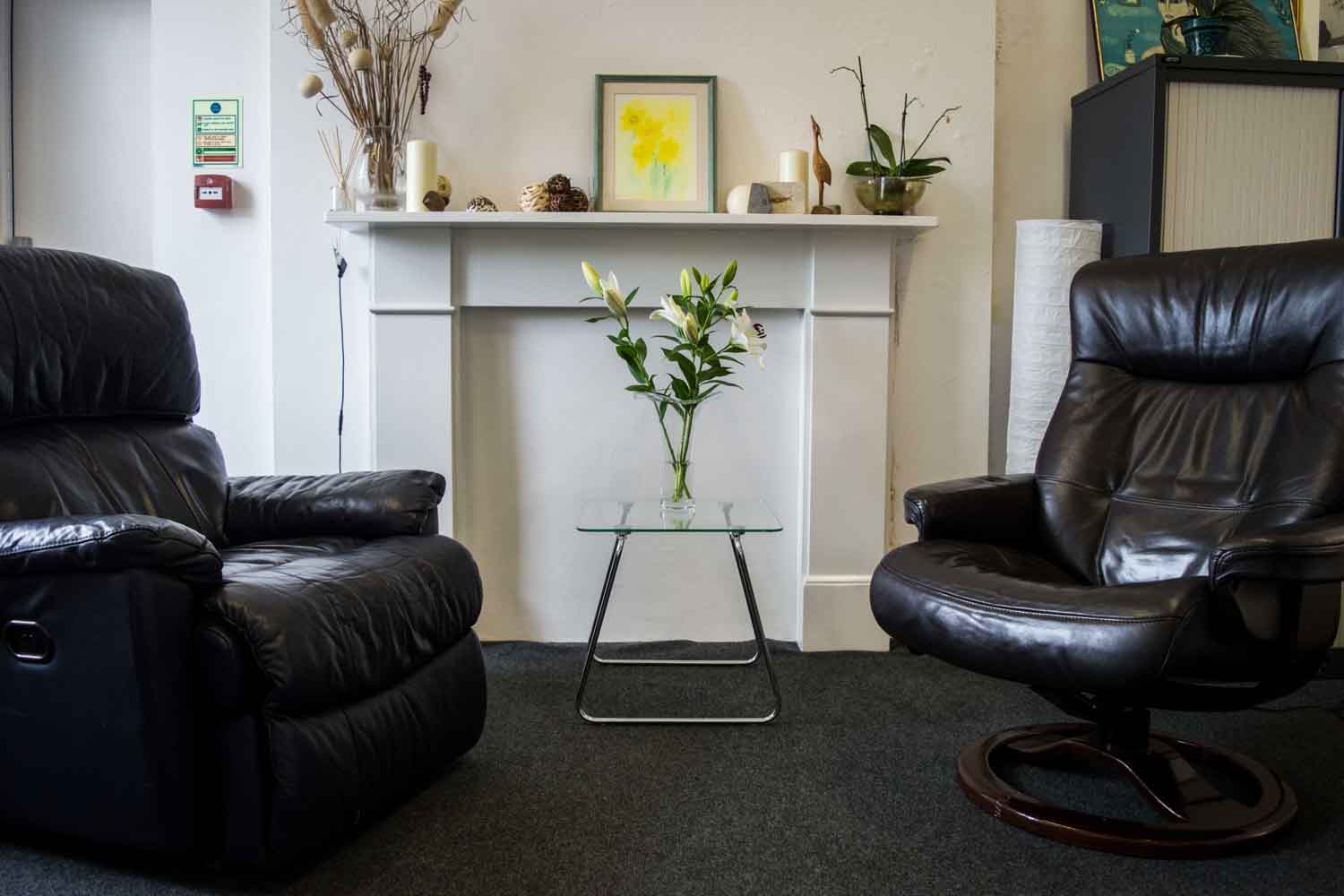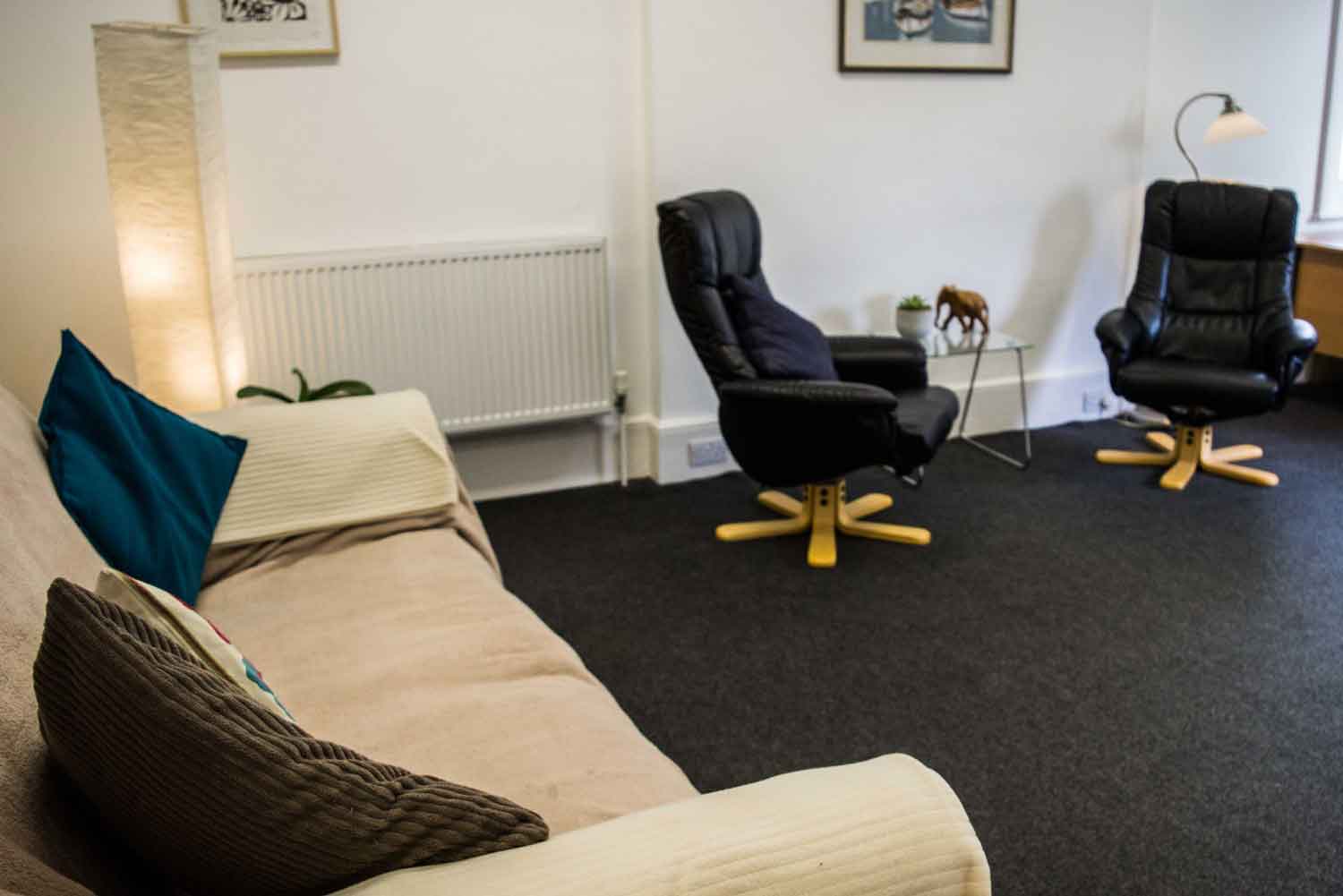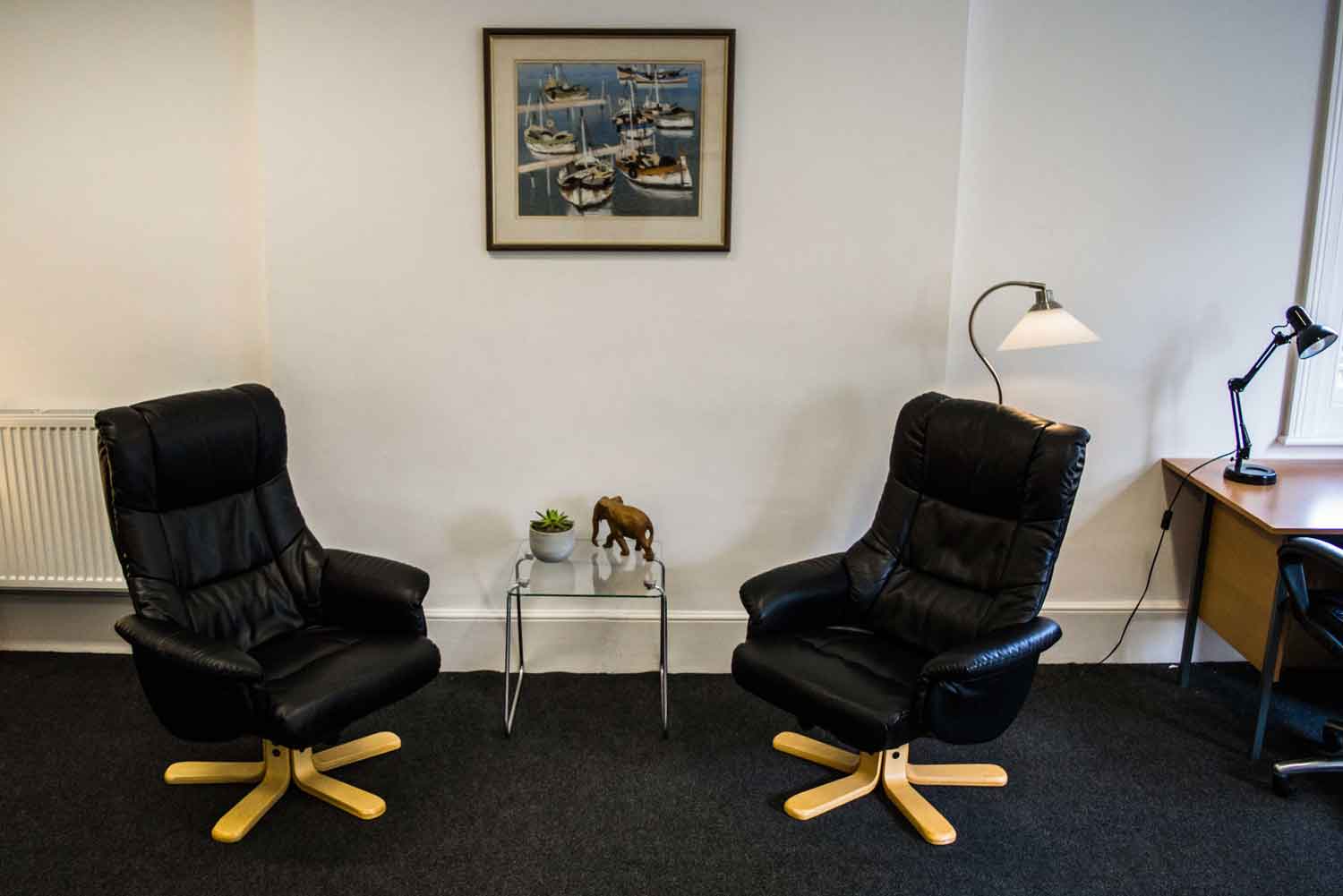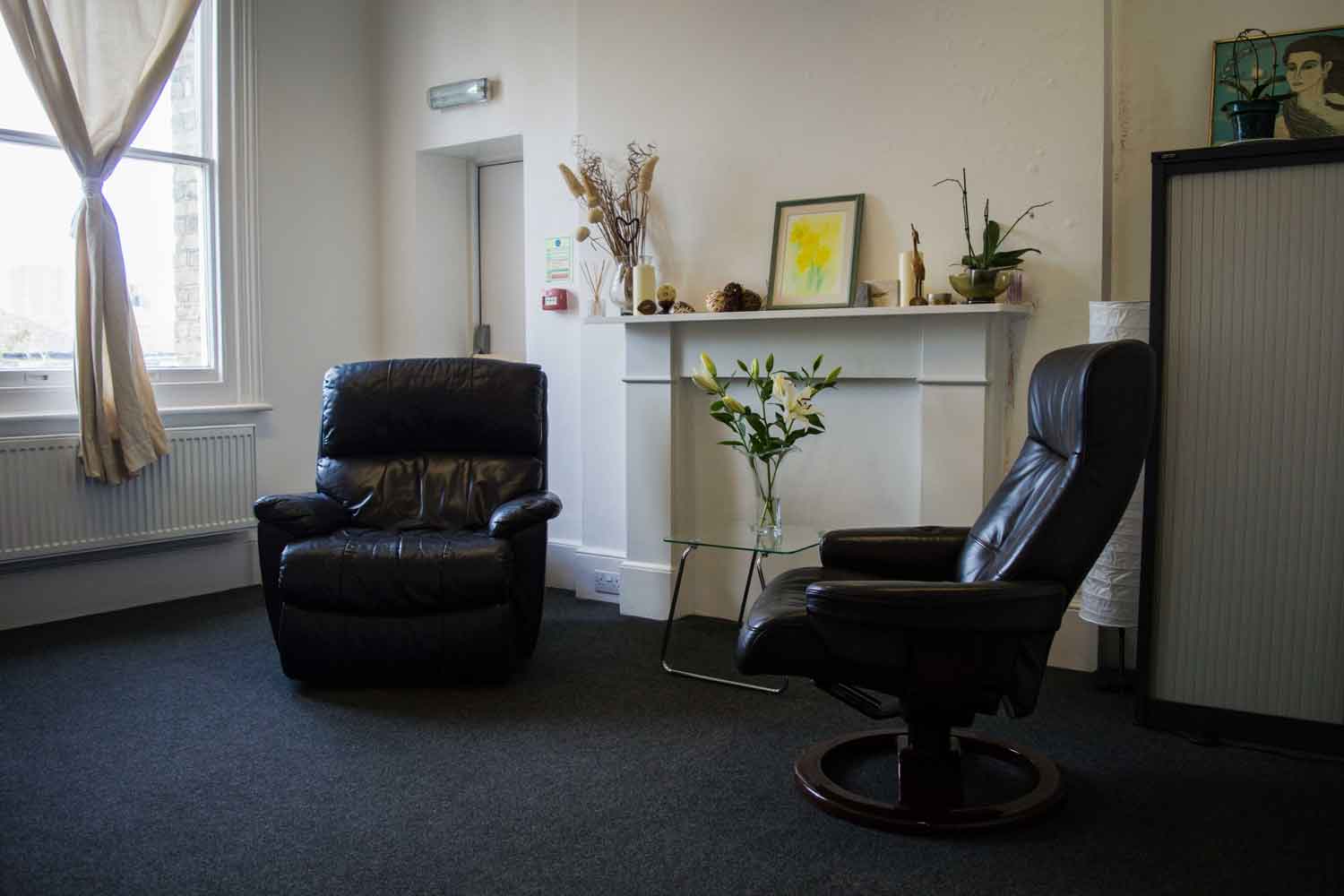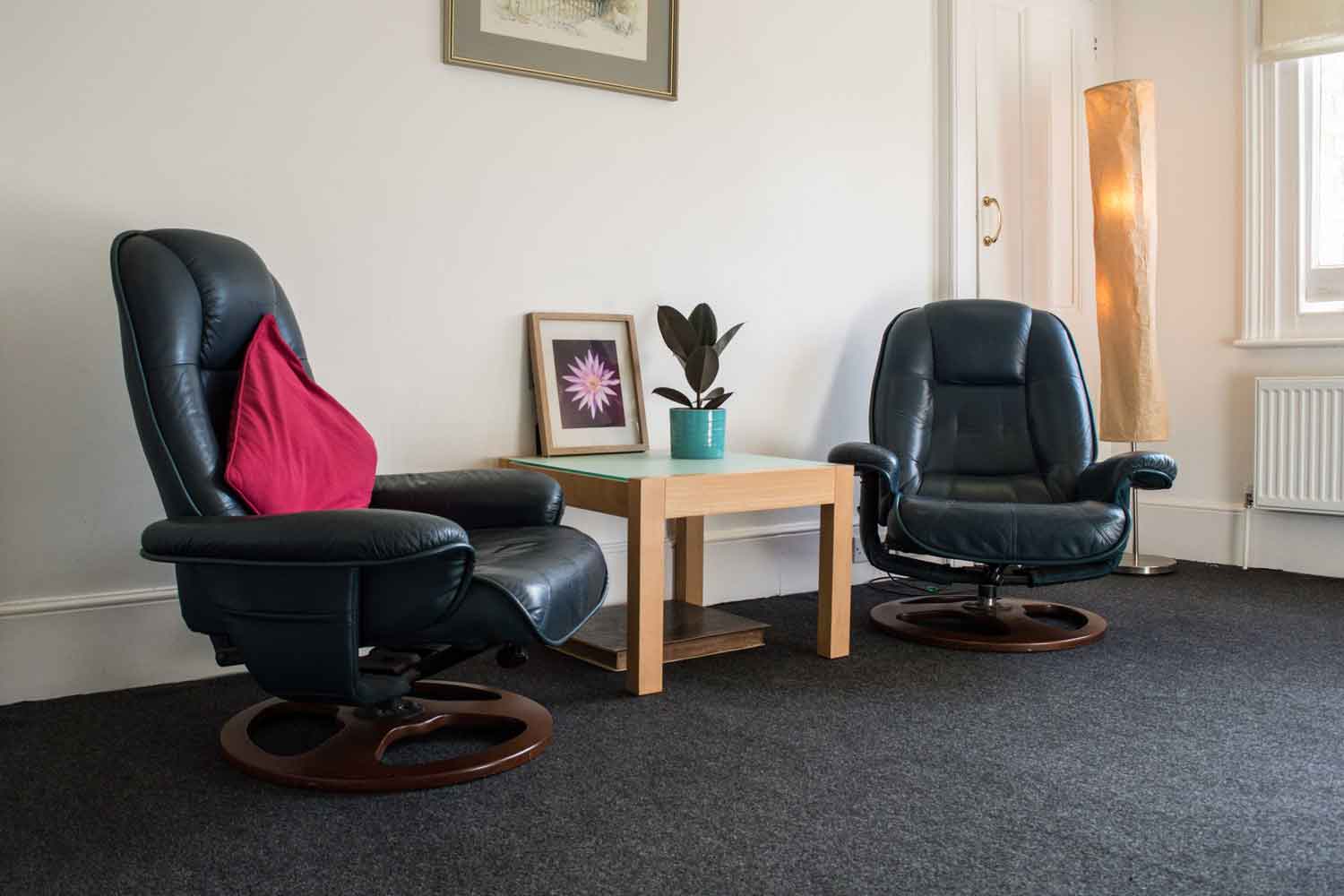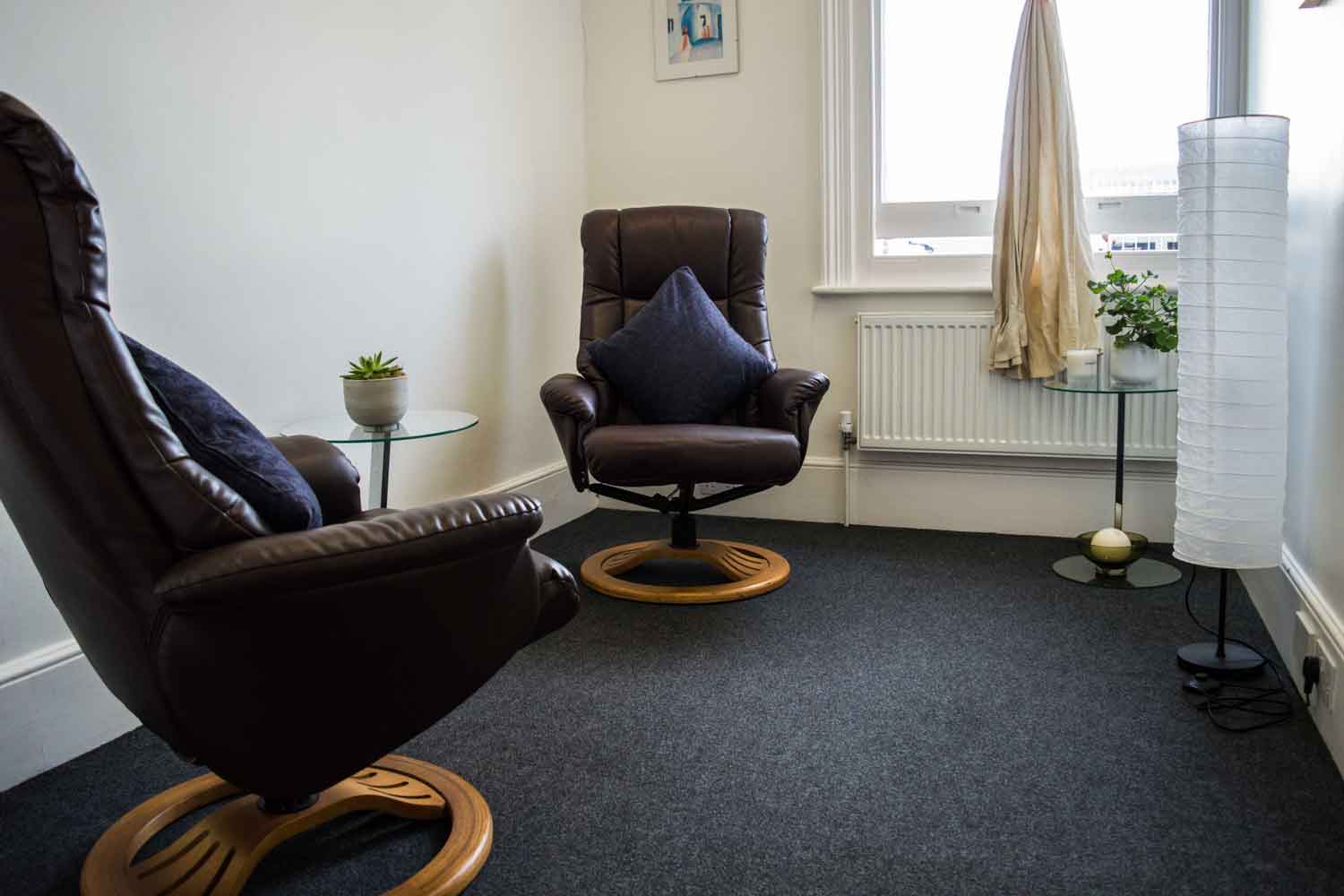Autistic Spectrum Condition/Disorder (ASC/ASD) is a diagnosis assigned usually first in childhood, although increasingly services for adults are being commissioned nationally. Most typically there are significant difficulties with social communication, interaction and rigidity around change with repetitive behaviours and reduced imagination - although there are also gender differences in the ways the condition presents. It is also important to note that these behaviours must be exhibited across a range of domains, especially both at home and at school to meet the criteria for an ASD diagnosis. Before the latest US classification in the Diagnostic & Statistical Manual (DSM-5 2013), in the UK ASD also included the diagnosis of Asperger Syndrome which is now being phased out and will not be in the UK classification, International Classification of Diseases (ICD-11).
With ASC/ASD, sometimes a child can mask difficulties in school, and they let out their frustrations at home, making skilled assessment vital to reconcile these apparent inconsistencies. Exploring these difficulties with an experienced professional can be the beginning of understanding and a proper adaptation of their education and home environments that reduces anxiety and anger considerably.
At Psychology Sussex, we have experienced professionals who are used to working with children who would fit the profile of someone with ASD. We are able to work with children, families and schools to provide a NICE compliant multi-professional ASD assessment which includes a Stage 1 screening intervention, and if needs be a Stage 2 assessment using the observational gold-standard ADOS-2 with the child and structured interview 3Di with the parent.
You may be noticing some of the following difficulties which may be part of ASC/ASD:
- Insistence on sameness and routine;
- Meltdowns and avoidance of demands;
- Social anxiety and avoidance of social group situations;
- Hand flapping when excited;
- Narrow fixations on special interests;
- Sensory seeking or avoidance of e.g. hand driers or labels.
Sometimes children who have been exposed to head injuries, emotional and developmental trauma and adversity, or who have intellectual disability or severe visual or hearing impairments can present with quasi-autistic features. Sometimes these conditions can co-exist alongside ASC/ASD causing professionals diagnostic uncertainty. It is important, therefore, to have very skilled and experienced clinicians who can disentangle the various possible presentations in order to help establish an accurate diagnosis and allow appropriate help to be put in place.
The specialists at Psychology Sussex are experienced in assessing children and their families in order to provide a comprehensive formulation of the particular difficulties your child is experiencing, how it may be helpful to understand these difficulties, and what you can do to make things easier and more manageable. We are also used to working with a multi-disciplinary approach with other professionals both from Psychology Sussex and other organizations and will discuss doing so with you should this be deemed necessary and beneficial to your child.
After formal assessment we are also happy to provide ongoing psychological support with specialist practitioners should this be requested.
Do not hesitate to Contact now to speak to one of our team about how it is Psychology Sussex may be able to help you and your child.

